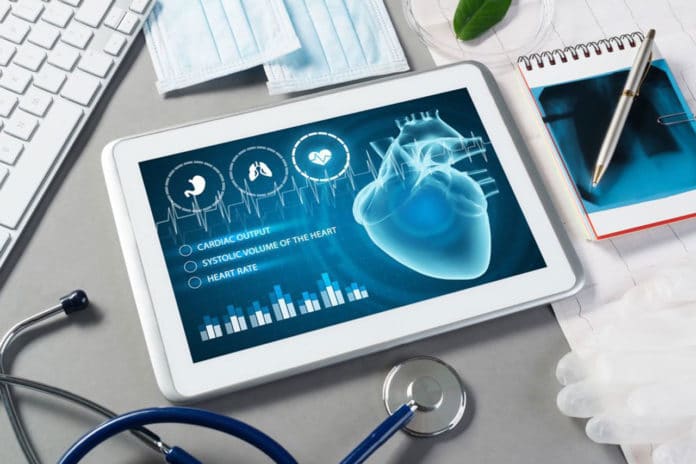On the occasion of India’s 74th Independence Day, the Prime Minister, Narendra Modi, announced revolutionary “National Digital Health Mission.” Under this mission, a “Unique Health ID” will be provided to every Indian citizen that stores medical information the diagnoses, current or previous diseases, medical reports, prescription, medication details in a “common database” through a single ID.
The objective of the ‘National Digital Health Mission’ is to provide efficiency, accessibility, inclusiveness, security, and save time and money in meeting the healthcare needs of a country of 1.38 billion people. Of course, the digitization of the population’s health information into a single database is a fundamental step toward improving public health delivery.
This digital format of the person’s health record will be linked to the registry of doctors and health facilities across the country, so any doctor can receive an individual’s information from anywhere. You’d never have to brief doctors on your history or carry the previous test report with you, as all your health information will be on your health ID.
The new Health ID will be available in the form of a mobile application, where a user will log in and put all his/her relevant details to it. Doctors and pharmacies will update it with each physical or virtual visit.
How will it benefit people? This initiative will allow patients to access healthcare facilities remotely through e-pharmacies, online appointments, teleconsultation, and other health benefits. Besides, as all the medical history of the patient is recorded in the Health ID card, it will help the doctor to understand the case better, and improved medication can be offered.
The major challenge in developing such a system is privacy issues. However, the government said that the user would have to grant temporary access to their data with each use, ideally preventing abuse and security issues.
